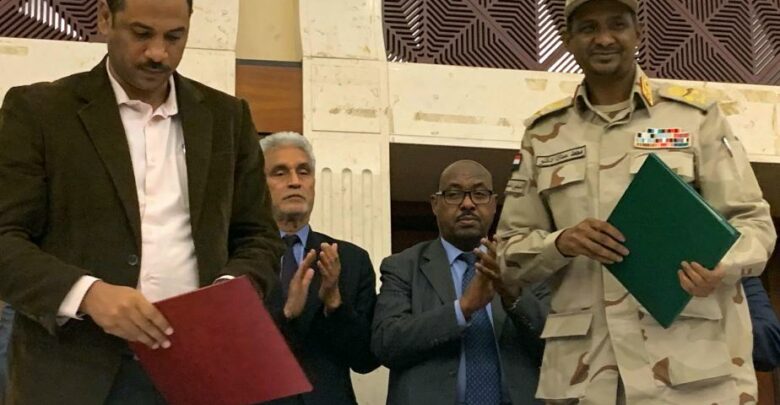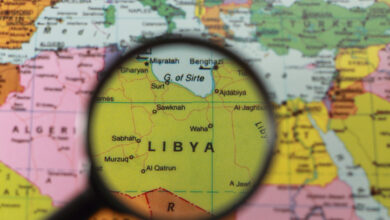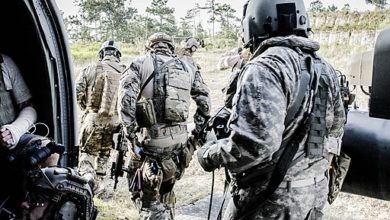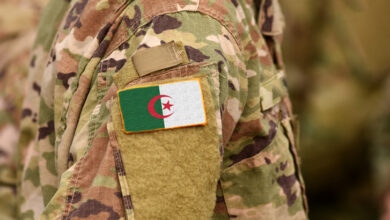World
Sudan’s Military Council, Protest Alliance Sign Power-Sharing Deal

Sudan’s military council and the alliance of protesters and opposition groups signed the power-sharing agreement on Wednesday. The agreement was signed in Khartoum in the presence of African mediators, reported BBC.
Sudan has been facing public demonstrations since the military ousted President Omar al-Bashir in April. The Sudanese people continued with the protests for a civilian government. Now the deal finally marks the end of three months of protests and paves the way to a political transition in the country.
Mohamed Hamdan “Hemeti” Dagolo, the deputy head of Sudan’s ruling military council, said it is a historic moment for the country, reported AFP news agency.
As part of the agreement, a new transitional civilian-military ruling body will be established. The governing body will have a total of six civilians and five military representatives. The six civilians will include five from the Alliance for Freedom and Change, the umbrella protest movement.
A military leader will head the ruling body during the first 21 months of the transition, and then a civilian for the remaining 18 months, according to the framework agreement. The body will oversee the formation of a transitional civilian administration that will govern for over three years, after which elections would be held.
The military council and protest leaders have also agreed that there will be a cabinet in which the prime minister will be chosen by the protesters and the defense and interior ministers will be nominated by the military.
Further terms of the transitional period will be detailed in a constitutional declaration, which is expected to be signed on Friday.
Notably, there are still disagreements between the two sides over how power would be shared among the sovereign council, the Cabinet and the legislative body, and some protesters have criticized the deal for not handing power over to civilians immediately.






